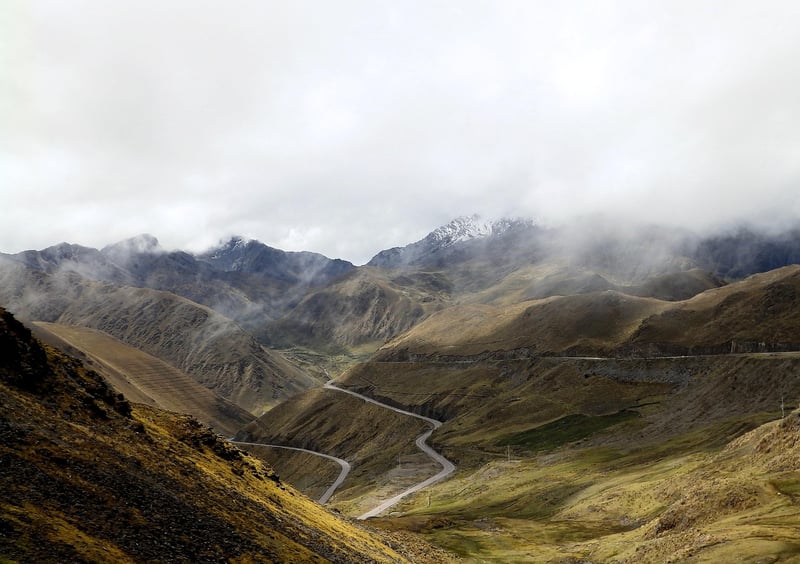Temporal Discoveries
Exploring Time Periods and Temporal Discoveries
Time, an enigmatic concept that has captivated humanity for centuries, holds the key to understanding our past, present, and future. From ancient civilizations to modern science, the exploration of time periods and temporal discoveries has shaped our world in profound ways.
Ancient Timekeeping
Ancient cultures such as the Egyptians, Greeks, and Mayans developed intricate systems to track time using sundials, water clocks, and astronomical observations. These early timekeeping methods laid the foundation for modern calendars and clocks.
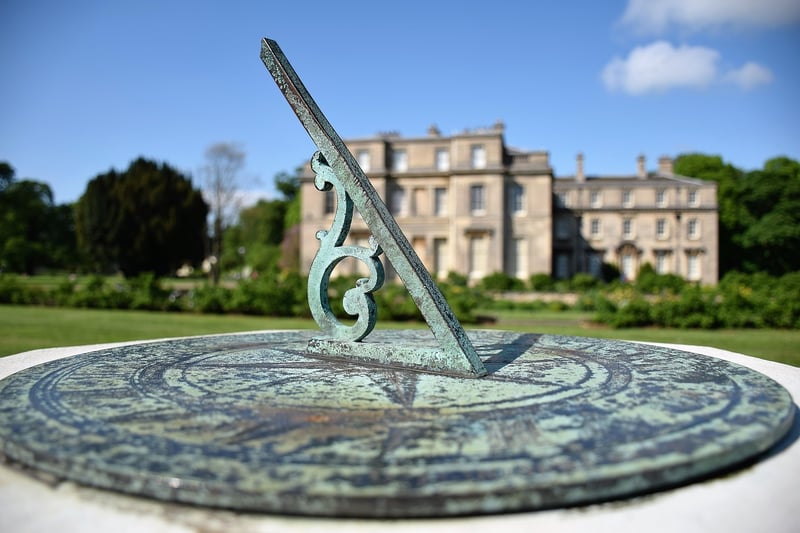
Medieval Times
During the medieval period, mechanical clocks began to appear in European monasteries and town squares. These innovative devices revolutionized timekeeping and played a crucial role in the organization of society.
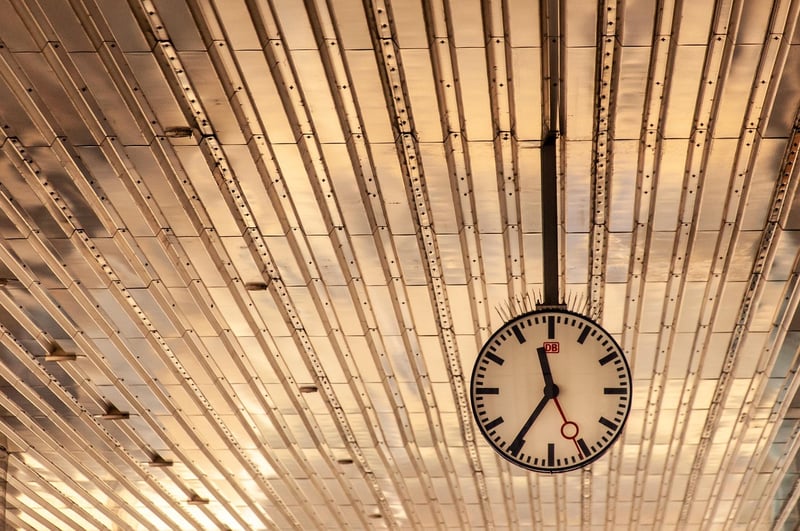
The Age of Exploration
The Age of Exploration in the 15th and 16th centuries not only expanded geographical knowledge but also led to the development of more accurate navigational instruments like the astrolabe and chronometer. These tools enabled sailors to traverse the seas with unprecedented precision.

The Industrial Revolution
The Industrial Revolution brought about significant advancements in timekeeping with the invention of the pendulum clock by Christiaan Huygens in the 17th century. This breakthrough technology improved accuracy and paved the way for precise scientific measurements.
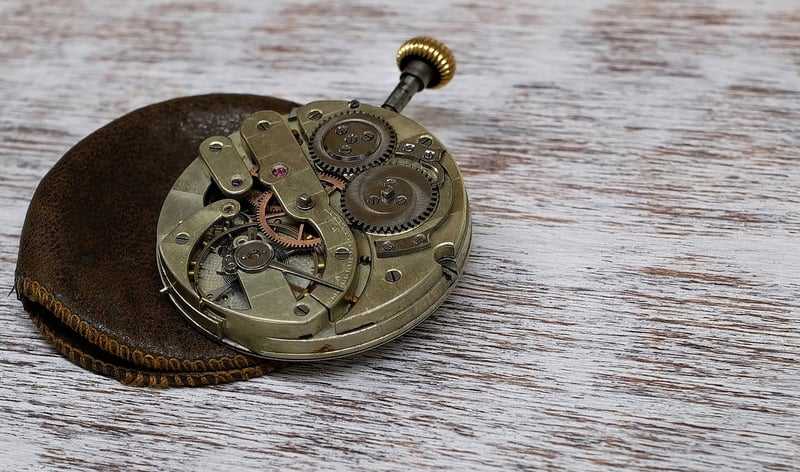
Modern Temporal Discoveries
Today, modern science continues to push the boundaries of our understanding of time with discoveries in quantum physics, relativity, and cosmology. Concepts like time dilation, black holes, and the arrow of time challenge our perception of reality and the nature of the universe.
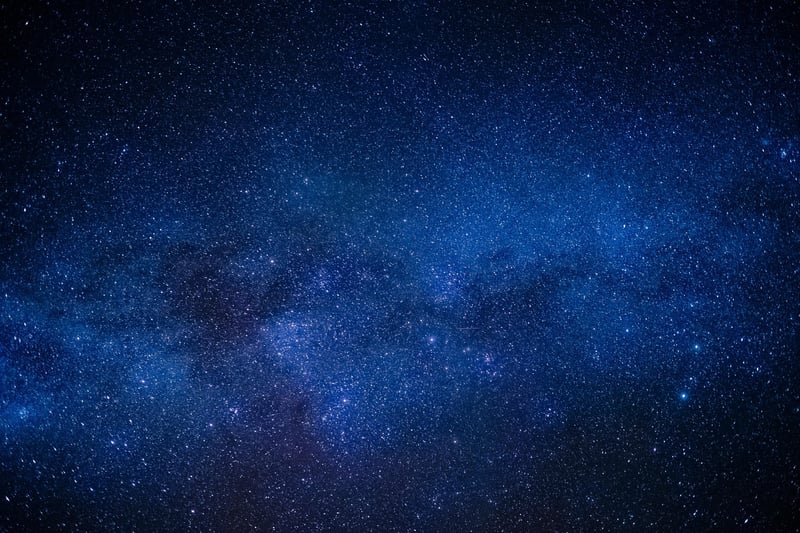
Exploring time periods and temporal discoveries not only reveals the evolution of human knowledge but also inspires us to contemplate the mysteries of existence and our place within the vast tapestry of time.
For further exploration on this fascinating topic, you can visit History.com.
